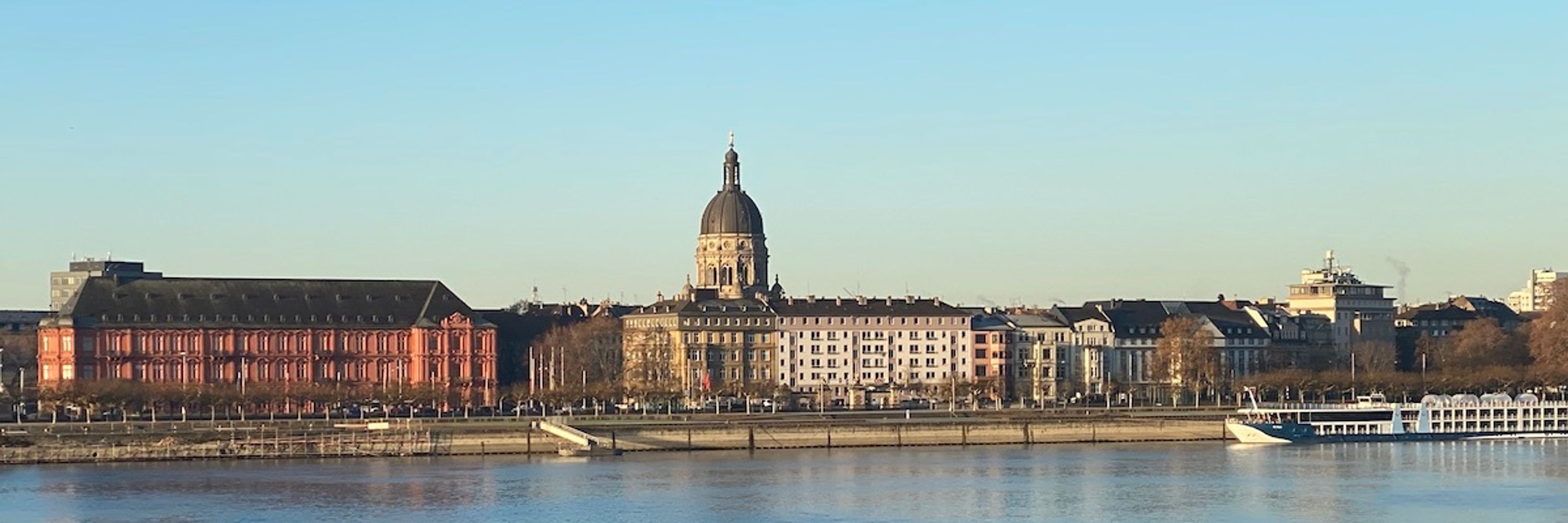DH Lab IEG
@dhlab-ieg.fedihum.org.ap.brid.gy
41 followers
0 following
29 posts
The DH Lab at the Leibniz Institute of European History (IEG) marries the development of digital methods to the activities of digitally supported research on […]
[bridged from https://fedihum.org/@DHLab_IEG on the fediverse by https://fed.brid.gy/ ]
Posts
Media
Videos
Starter Packs
Reposted by DH Lab IEG
Reposted by DH Lab IEG
Reposted by DH Lab IEG
















